Russian Deputy Prime Minister Alexander Novak said that about 45-50% of Russia's oil and oil products exports this year go to the Chinese market.
“Our main partners in the current situation are China – whose market share is currently approximately 45-50%. There is also India. Previously, we sold almost no oil to India, but after two years, the supply to this country is equivalent to 40%,” he said in a speech on December 27.
In contrast, Europe's market share of 40-45% before the war is now only about 4-5%. Over the past year, Russia has actively shifted its energy sales from the West to Asia, making the most of its old fleet to transport crude oil. The war in Ukraine has caused the West to impose a series of sanctions on Russia, while seeking to reduce its dependence on this country's energy resources.
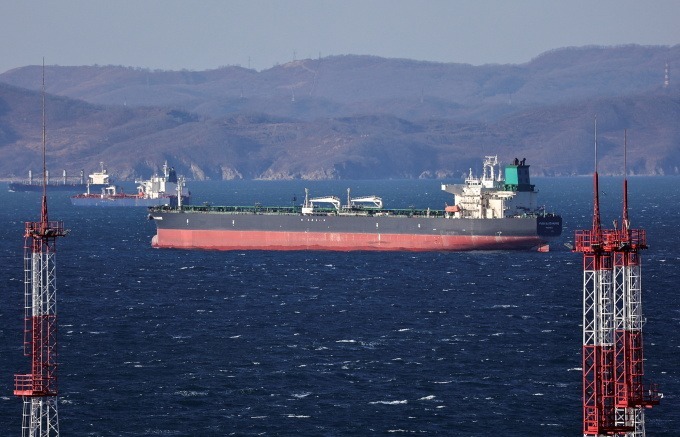
An oil tanker anchors in Nakhodka Bay near the port city of Nakhodka, Russia, December 4, 2022. Photo: Reuters
Last week, at a meeting of the National Council for Strategic Development and Projects, Deputy Prime Minister Andrei Belousov also said that Russian oil exports this year have exceeded 2021 figures by 7%, totaling 250 million tons. In value terms, Russia's energy exports are also equal to 2021 levels.
In his speech today, Mr. Novak affirmed that Russia will comply with the production quota of the Organization of the Petroleum Exporting Countries and its allies (OPEC+), to ensure the stable development of the oil industry. He also added that Russia and other oil-producing countries do not target a specific price when making their production strategy.
On November 30, the Organization of the Petroleum Exporting Countries and its allies (OPEC+) announced that they would reduce production by 2.2 million barrels per day in the first quarter of next year. They focused on the issue of reducing production when oil prices have fallen nearly 20% since the end of September.
Novak said analysts were forecasting Brent crude oil prices next year to be around $80-$85 a barrel. It has recently been around $81, down sharply from nearly $98 in late September.
Ha Thu (according to Reuters)
Source link






![[Photo] National Assembly Chairman Tran Thanh Man receives First Vice Chairman of the Federation Council of the Federal Assembly of the Russian Federation](/_next/image?url=https%3A%2F%2Fvphoto.vietnam.vn%2Fthumb%2F1200x675%2Fvietnam%2Fresource%2FIMAGE%2F2025%2F12%2F02%2F1764648408509_ndo_br_bnd-8452-jpg.webp&w=3840&q=75)

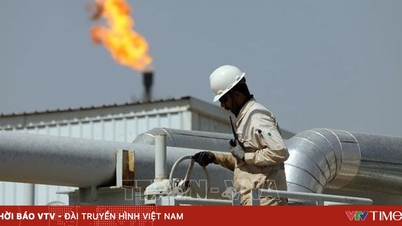

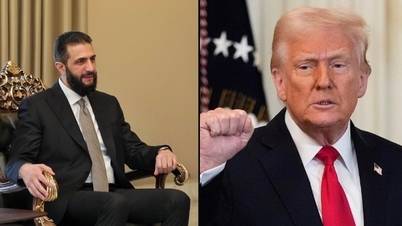



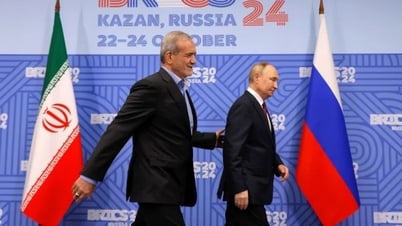


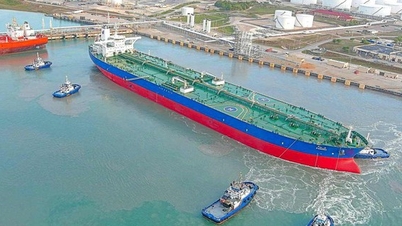































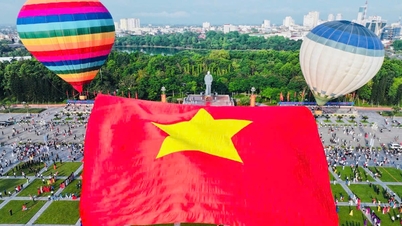











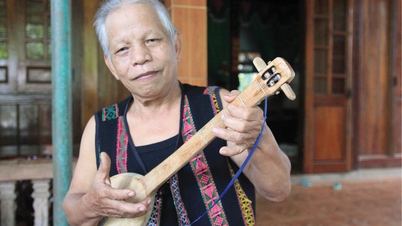















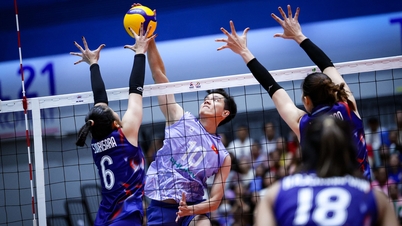
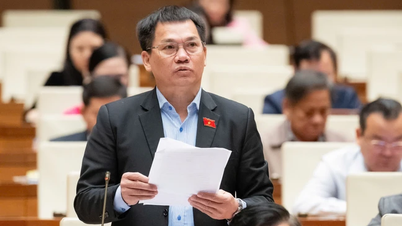




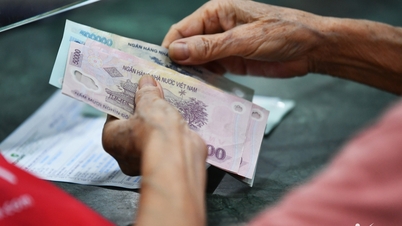
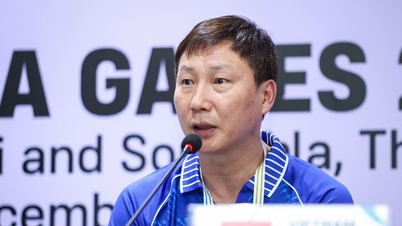
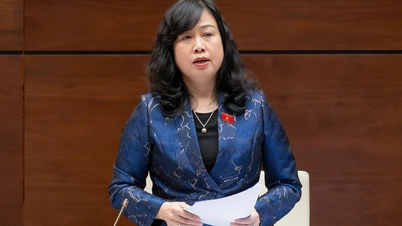
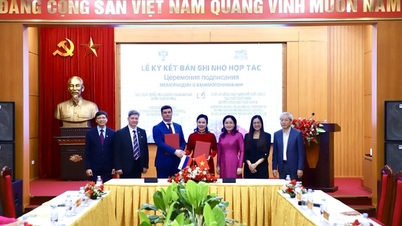

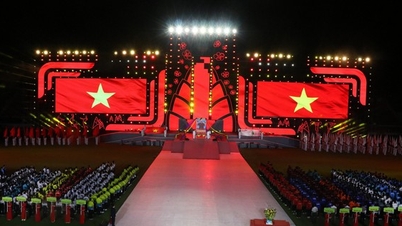
























Comment (0)